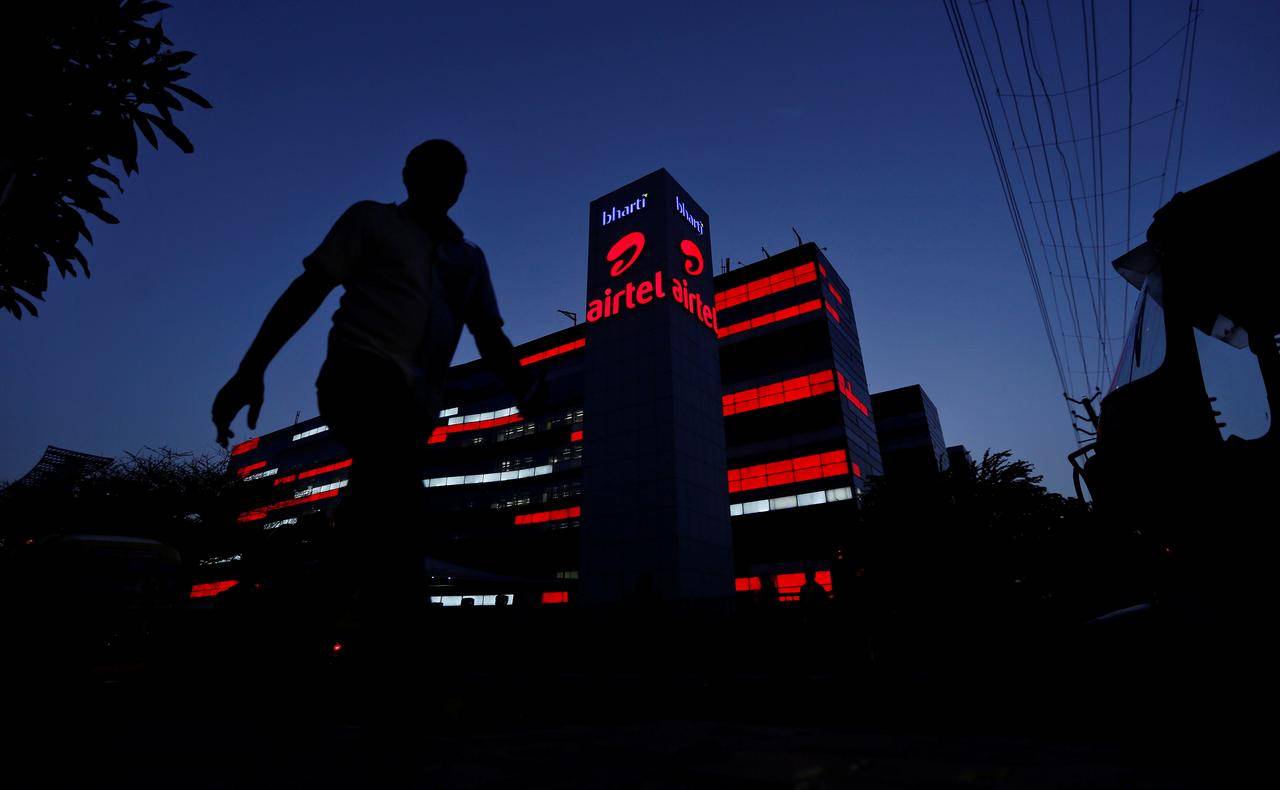Airtel Will List On The Nigerian Stock Exchange Next Week – But It’s Hard To See It Pulling Off An MTN

Looks like the IPO route is the way to go these days. The dust has barely settled on the happenings of last month which saw a South African telco become the second most valuable entity on the Nigerian stock market after “listing by introduction”, and yet another telco is looking to tow a similar line.
This time it’s Airtel Africa; a subsidiary of India’s Bharti Airtel. According to reports, come next week, the telco will be listing at least 500 million shares on the Nigeria Stock Exchange (NSE). The initial offer will comprise of between 14.00 percent and 18.90 percent of the firm’s shares at a price of between NGN 363.00 and NGN 454.00. As per the filing prospectus, the shares will start trading on the exchange on the 4th of July.
It has been gathered that the initial offer will be exclusive to institutional investors and high net-worth individuals. The shares will be issued via a book-building process.
Information that has filtered out also have it that prior to listing on the NSE, the company will first make an entry into the London Stock Exchange, with unconditional dealings expected to formally kick-off on July 3 and some 25 percent of the company’s shares to be up for sale — a move that could see the telco rake in hundreds of millions of dollars.
If all goes well, the listing on the Premium Segments of both Stock Exchanges should help the company offset a significant portion of its existing debts and land its market cap value somewhere around USD 3.9 Bn.
With subsidiaries in 14 African countries including Kenya, Rwanda, Uganda, DR Congo, Zambia, Nigeria, and Seychelles, Airtel Africa is considered the second largest mobile operator in Africa, just behind South Africa’s MTN Group which recently became the first telco to be listed on the NSE Premium Board; a listing segment for a group of issuers that meet The Exchange’s most stringent corporate governance and listing standards — we are talking A-listers like Dangote Cement Plc, FBN Holdings Plc, Zenith International Bank Plc, Lafarge Africa Plc, and the likes. And Airtel Africa will be the newest addition to that elite class.
Interestingly, when MTN Nigeria finally kicked off trading on the NSE on the morning of Thursday, May 16 — and not without many years of persuasion from the Nigerian government — it needed just 16 minutes to turnaround its market fortune. It was during this brief window that the company became the second most valuable entity on the local Stock Exchange.
By the end of 16 minutes, the company’s initial share price of USD 0.25 had risen by 10 percent and its valuation had surged to USD 5.54 Bn — a figure that is only outdone by Aliko Dangote’s Dangote Cement Plc, which boasts a valuation of USD 8.3 Bn. Those are the kind of numbers Airtel Africa will be gunning for in a little under a week’s time, though it might seem unlikely.
Just yesterday, Bharti Airtel’s Africa subsidiary plunged 16 percent in London trading after raising about USD 750 Mn in an initial public offering. Some are already placing this among the worst debuts on European exchanges for this year.
Although it is hoped that the situation will improve, the weak market showing for the African telco — the continent’s second-largest by subscribers — doesn’t do that much favours to parent company, Bharti Airtel, as it struggles on the home front with price wars and debts which, according to Reuters, stood at USD 4 Bn as of March 2019.
In any case, proceeds from the IPO will help the India-based wireless operator take care of debt while it prepares to upgrade its mobile network to 5G technology.
Image Courtesy: Reuters